Berlin Hospital Says Navalny Tests 'Indicate Poisoning'
The Berlin hospital treating leading Kremlin critic Alexei Navalny said Monday that test results indicated he had been poisoned, although Russian doctors quickly responded that they had not found the toxin in question.
The revelation prompted German Chancellor Angela Merkel to call for the Russian authorities to ensure those responsible are held accountable.
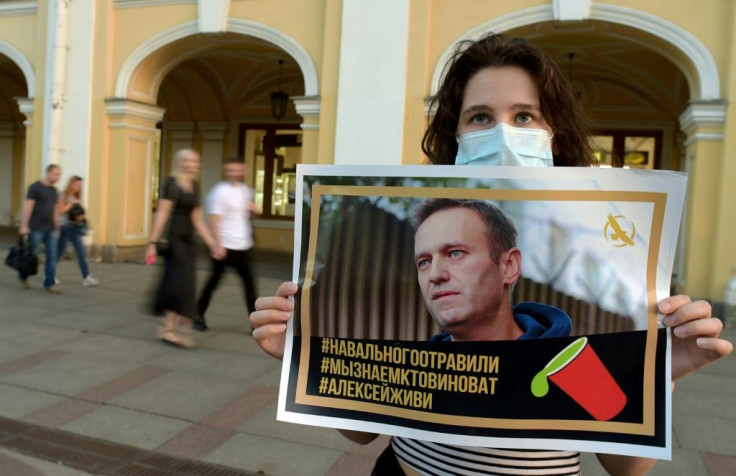
The 44-year-old opposition leader and anti-corruption campaigner was brought to the German capital on Saturday after falling ill in Siberia last week with what Russian doctors blamed on a metabolic disorder.
But on Monday, Berlin's renowned Charite hospital said its clinical tests on Navalny "indicate poisoning with a substance from the group of cholinesterase inhibitors".
Cholinesterase is an enzyme needed for the central nervous system to function properly. Its inhibitors are used to make medicines and insecticides, but also nerve agents such as sarin.
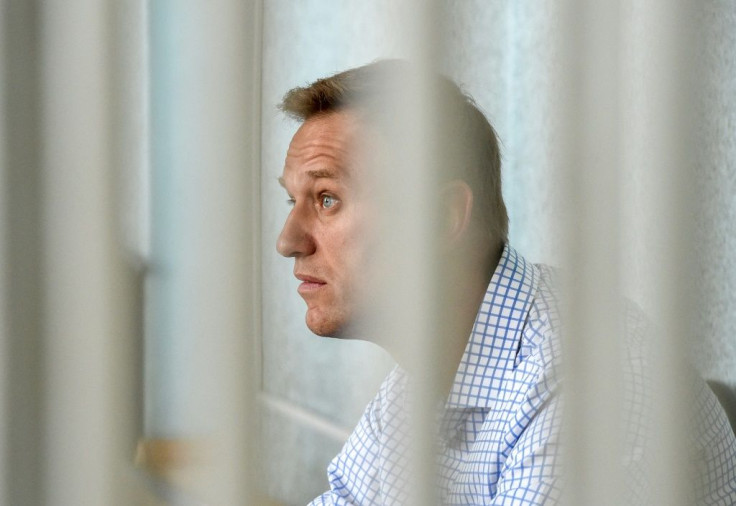
"Alexei Navalny's prognosis remains unclear; the possibility of long-term effects, particularly those affecting the nervous system, cannot be excluded," the hospital said on Twitter.
Navalny is being treated in intensive care and remains in medically induced coma, it said, adding: "While his condition is serious, it is not currently life-threatening."
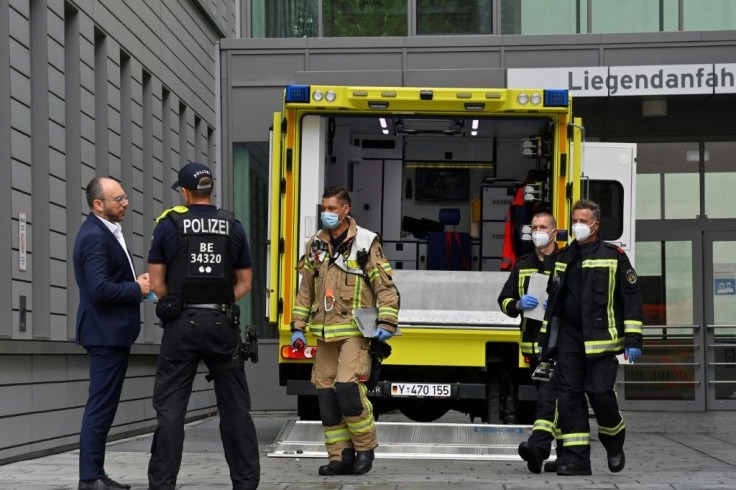
He was transferred to Berlin by a German NGO after Merkel had extended an offer to treat him in the country.
"In view of Mr Navalny's prominent role in the political opposition in Russia, the authorities there are now urgently called upon to investigate this act thoroughly -- and to do so with full transparency," she said in a joint statement with Foreign Minister Heiko Maas.
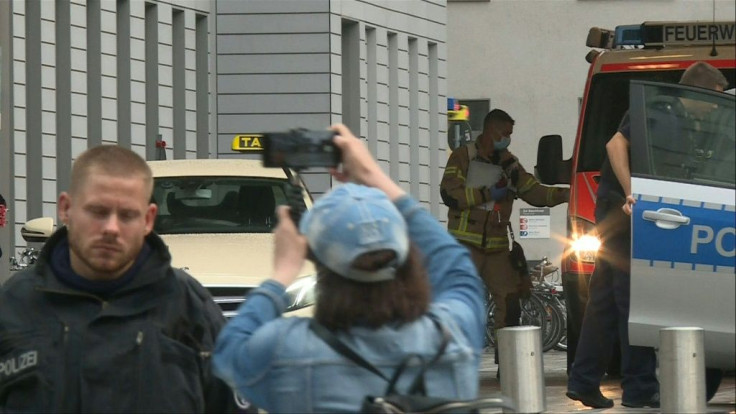
"Those responsible must be identified and held accountable."
Navalny's spokeswoman Kira Yarmysh said on Twitter that his poisoning was "no longer a hypothesis but a fact."
The European Union's diplomatic chief Josep Borrell called on the Russian authorities to launch an "independent and transparent investigation" into the apparent poisoning of Navalny.

"The European Union strongly condemns what seems to be an attempt on Mr Navalny's life," Borrell said in Brussels.
Navalny, Russia's most prominent opposition figure, was rushed into intensive care in Siberia on Thursday after his plane made an emergency landing in the city of Omsk.
His supporters have said they believe he was poisoned by something in his cup of tea at the airport before he took off, pointing the finger of blame at President Vladimir Putin.
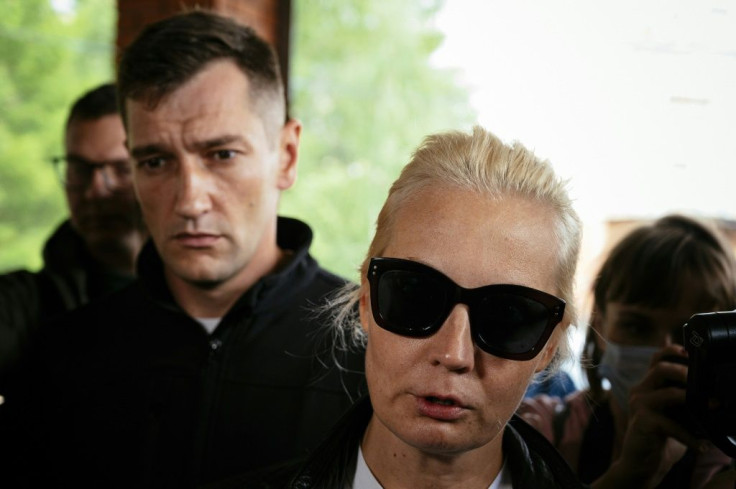
But Alexandre Sabayev, the chief toxicologist at Omsk Emergency Hospital No. 1, told Russian agencies that they had tested Navalny for "a broad range of narcotics, synthetic, psychodetic and medicinal substances including cholinesterase inhibitors."
"The results were negative," he said.
Navalny was flown to Berlin on a medical plane chartered by German NGO Cinema for Peace, an initiative financed by private donations.
Doctors treating him in Omsk initially refused to let Navalny leave but had a change of heart after his family and staff demanded he be allowed to travel to Germany.
Yarmysh claimed Russia's refusal to evacuate him was a ploy to "play for time" and make it impossible to trace poison.
Jaka Bizilj, head of Cinema for Peace, told Germany's Bild newspaper he believed Navalny would survive but "the crucial question is whether he will survive this unscathed and continue to play his role".
In any case, he would certainly be out of action politically "for at least one or two months", Bizilj said. That means he will miss key regional elections next month.
In an article to be published Friday, The Frankfurter Allgemeine Zeitung highlights the "political consequences" of the Charite diagnosis.
The hospital's verdict of a likely poisoning means the Navalny case is starting to "have an impact on relations between Berlin and Moscow," it said.
Navalny is the latest in a long line of Kremlin critics who have fallen seriously ill or died in apparent poisonings, some by nerve agents.
He lost consciousness shortly after his plane took off on Thursday from Tomsk in Siberia, where he was working to support opposition candidates ahead of next month's elections.
Yarmysh said he had seemed "absolutely fine" before boarding the flight and had neither drunk alcohol nor taken any medication.
She said she was sure he had suffered from an "intentional poisoning" and blamed Putin.
Navalny has made many enemies with his anti-corruption investigations, which often reveal the lavish lifestyles of Russia's elite and attract millions of views online.
The director of the Anti-Corruption Foundation that Navalny founded, Ivan Zhdanov, confirmed on social media that the organisation was continuing its work without him.





















